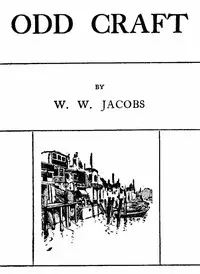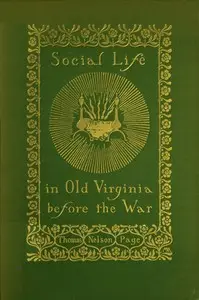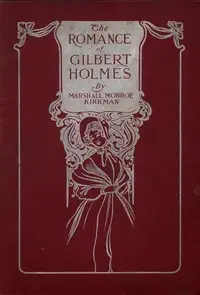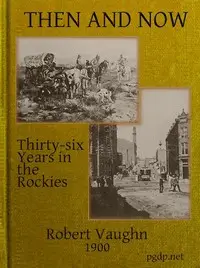"Military Reminiscences of the Civil War, Volume 2: November 1863-June 1865" by Jacob Dolson Cox is a historical account composed in the late 19th century. The volume chronicles the author's experiences and observations as a major-general commanding the Twenty-Third Army Corps during the closing years of the Civil War, highlighting key military operations and command dynamics. The opening of the book sets the stage by discussing the critical transition in leadership as Ulysses S. Grant assumes command over the Western armies, specifically addressing the challenges inherent in the dual command structure of Rosecrans and Burnside. It details the strategic importance of Chattanooga, the logistics involved in the campaigns, and introduces the tensions and interactions among key military figures, including the shifting perceptions of Rosecrans' capabilities, the complexities of military organization, and the urgent need for decisive action as Confederate forces mobilize. Overall, this initial portion serves to establish the context and stakes of the unfolding military narrative, reflecting the intricacies of leadership and the fierce determination required to navigate the Civil War's tumultuous landscape. (This is an automatically generated summary.)

Military Reminiscences of the Civil War, Volume 2: November 1863-June 1865
By Jacob D. (Jacob Dolson) Cox
"Military Reminiscences of the Civil War, Volume 2: November 1863-June 1865" by Jacob Dolson Cox is a historical account composed in the late 19th cen...
Jacob Dolson Cox, Jr., was a statesman, lawyer, Union Army general during the American Civil War, Republican politician from Ohio, Liberal Republican Party founder, educator, author, and recognized microbiologist. He served as president of the University of Cincinnati, the 28th governor of Ohio and as United States Secretary of the Interior. As Governor of Ohio, Cox sided for a time with President Andrew Johnson's Reconstruction plan and was against African American suffrage in the South, though he supported it in Ohio. However, Cox increasingly expressed racist and segregationist viewpoints, advocating a separate colony for blacks to "work out their own salvation." Seeing himself caught between Johnson and the Radical Republicans, Cox decided not to run for reelection. He stayed out of politics for a year, though both Sherman and Grant advocated that Cox replace Stanton as Secretary of War as a means of stemming the demands for Johnson's impeachment. But Johnson declined. When Ulysses S. Grant became president, he nominated Cox Secretary of Interior, and Cox immediately accepted.














